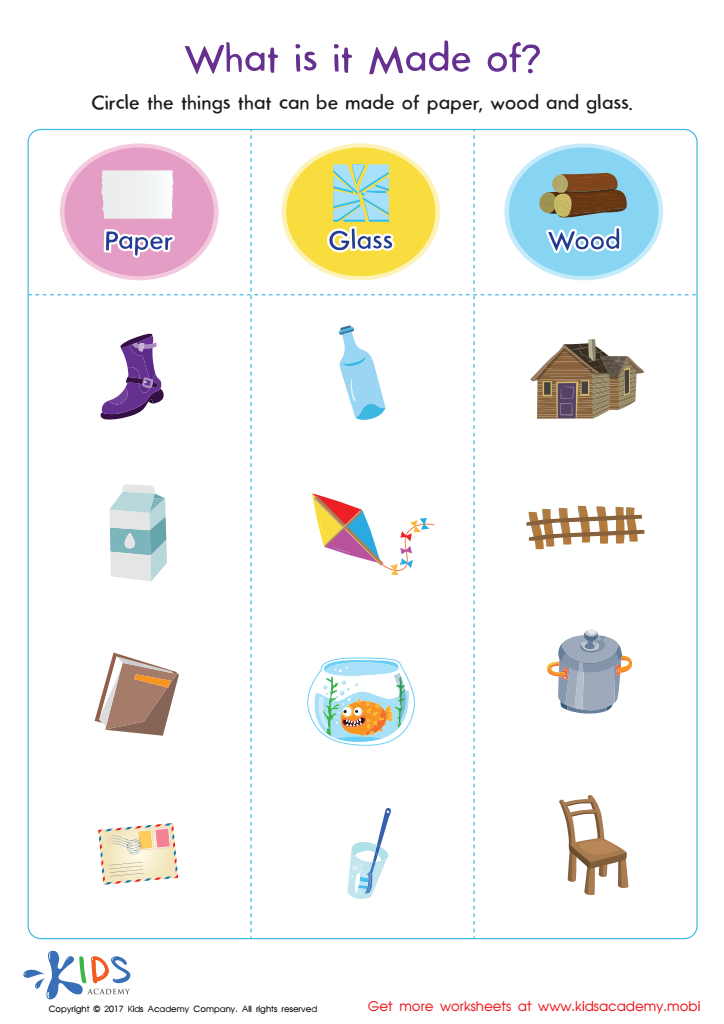Logical Reasoning Social Studies Worksheets for 4-Year-Olds
6 filtered results
-
From - To
Enhance your 4-year-old's learning journey with our engaging Logical Reasoning Social Studies Worksheets! Designed specifically for young learners, these worksheets promote critical thinking and foundational skills in an enjoyable way. By exploring concepts such as community helpers, family roles, and environmental awareness, kids will develop essential reasoning abilities while connecting with the world around them. Each activity is crafted to captivate young minds, fostering curiosity and problem-solving skills. Perfect for classroom settings or home learning, our resources encourage interactive learning experiences. Start building a solid foundation in social studies and logical reasoning today with our fun and educational worksheets!
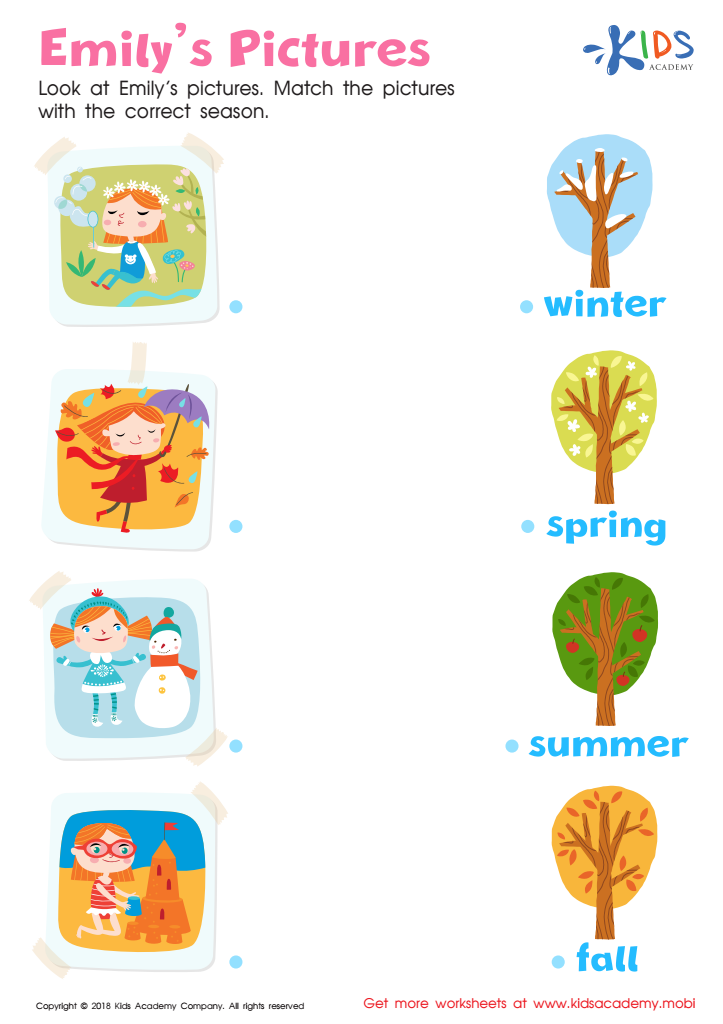

Emily's Pictures Worksheet
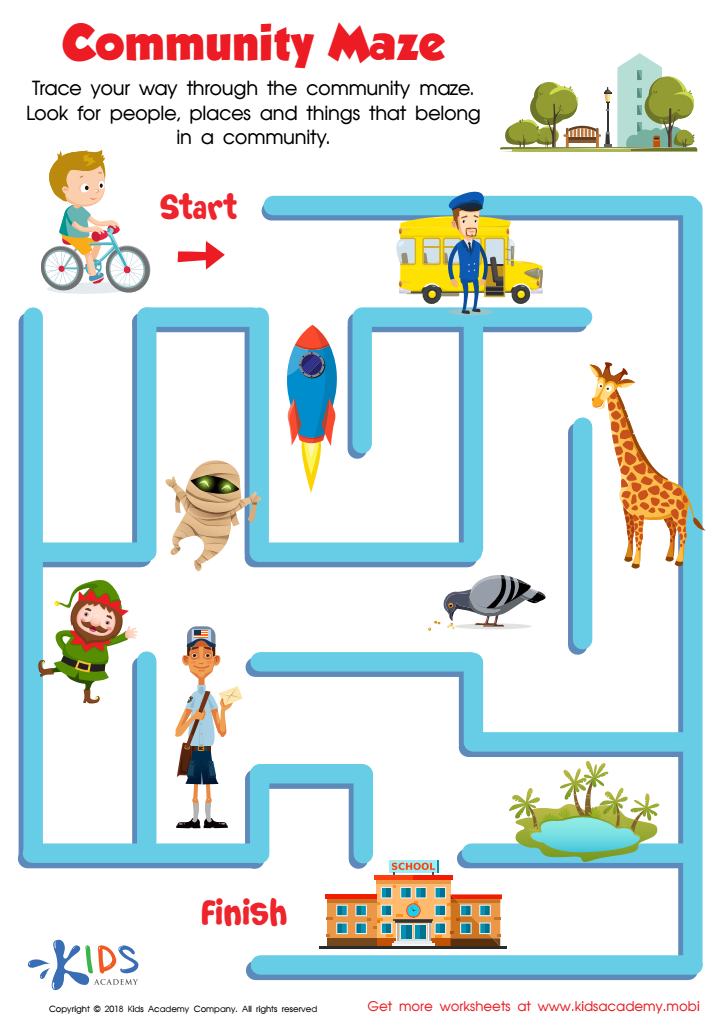

Community Maze Worksheet
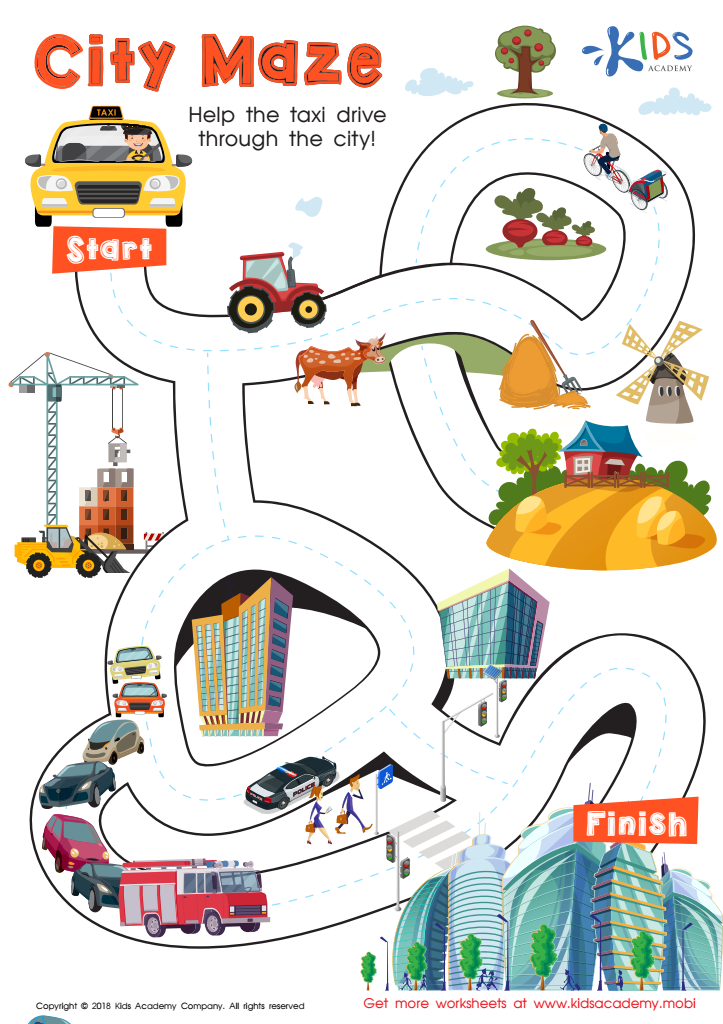

City Maze Worksheet
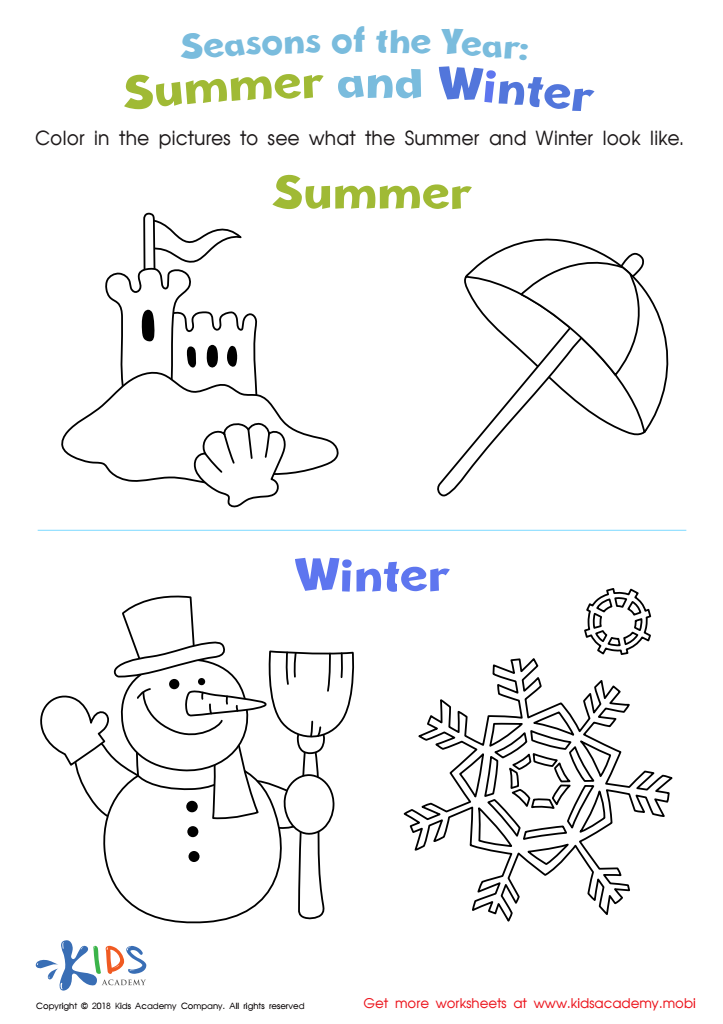

Summer and Winter Worksheet
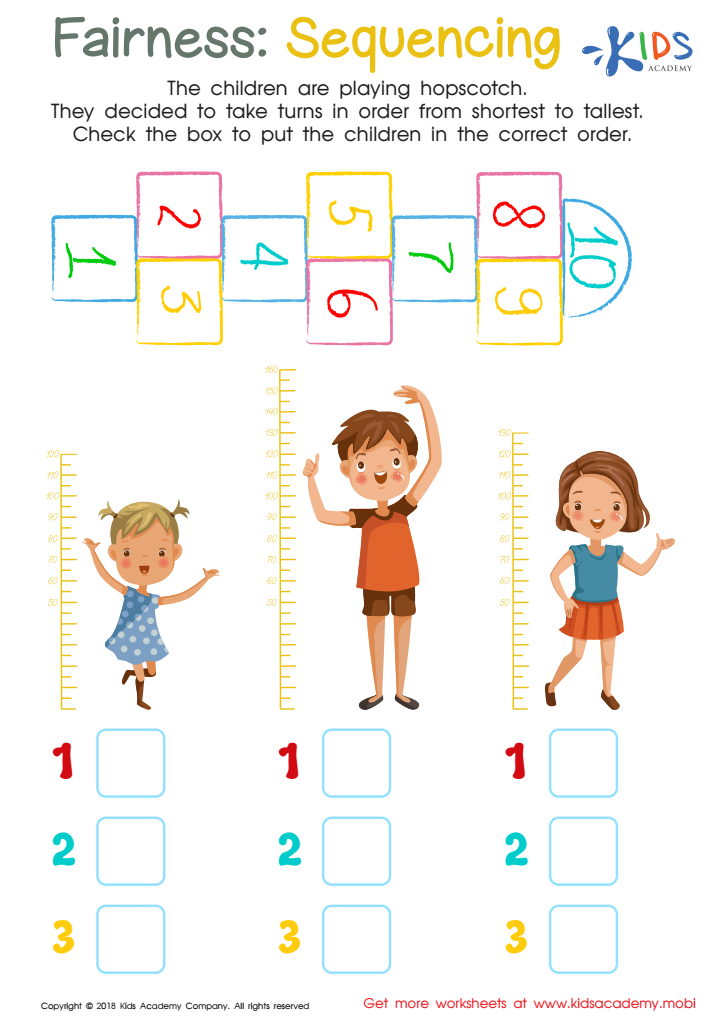

Fairness: Sequencing Worksheet
Parents and teachers should be invested in incorporating logical reasoning into Social Studies activities for 4-year-olds because this foundational skill significantly aids in cognitive and social development. Logical reasoning helps children learn to analyze information, make connections, and draw conclusions about the world around them. Through engaging in Social Studies, children are not only introduced to basic concepts about community, family, and culture but are also encouraged to think critically about those concepts.
At this age, children are naturally curious, so fostering an environment that promotes logical reasoning allows them to explore their surroundings in a purposeful manner. By asking them guiding questions like "Why do people celebrate different holidays?" or "How do we help our community?", adults can cultivate inquiry skills that will support intellectual growth. These discussions promote an understanding of diversity and inclusion, teaching them to appreciate differences in others.
Furthermore, logical reasoning supports language development as children articulate their thoughts and ideas. As they engage with their peers or adults in discussions, they enhance social skills through collaboration and perspective-taking. Overall, integrating logical reasoning into Social Studies helps equip children with essential skills they'll carry into future learning and social interactions.

 Assign to My Students
Assign to My Students

